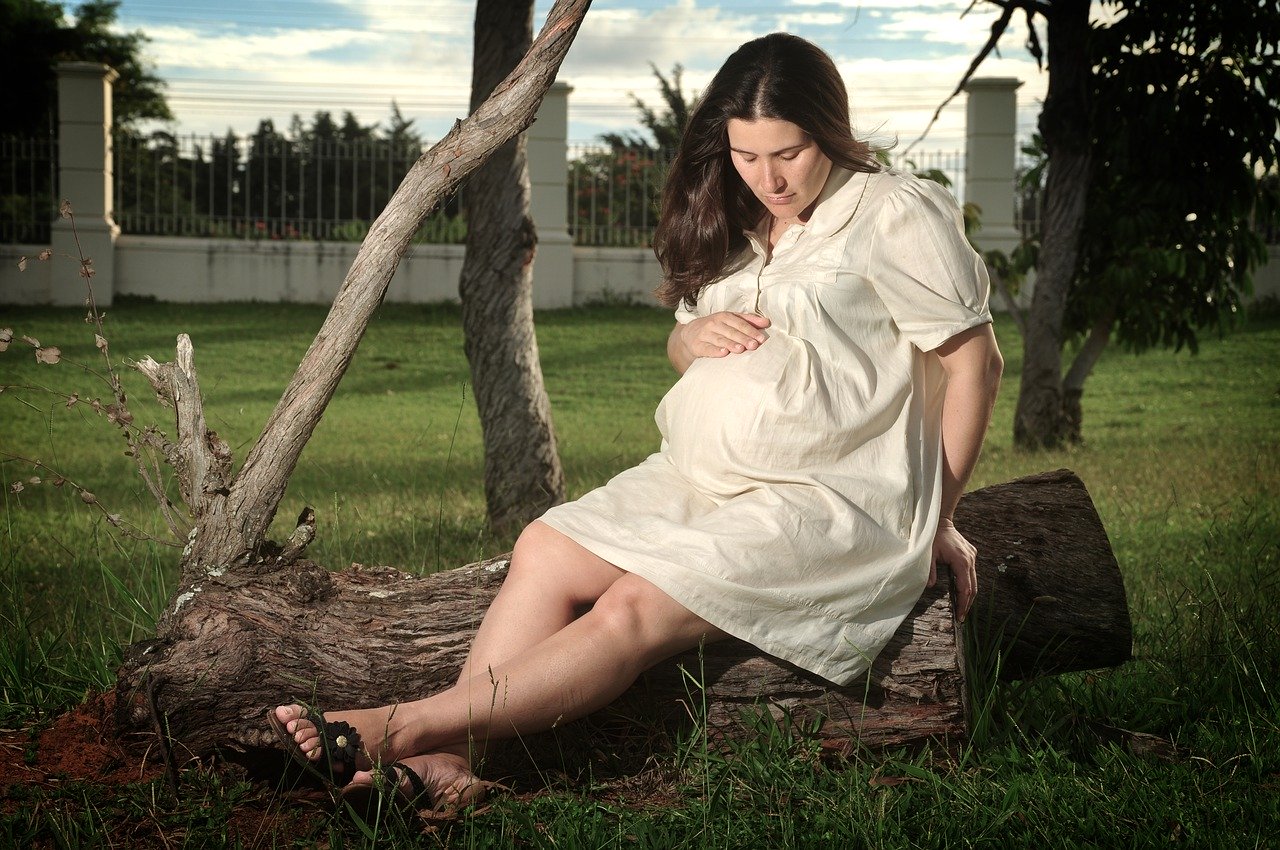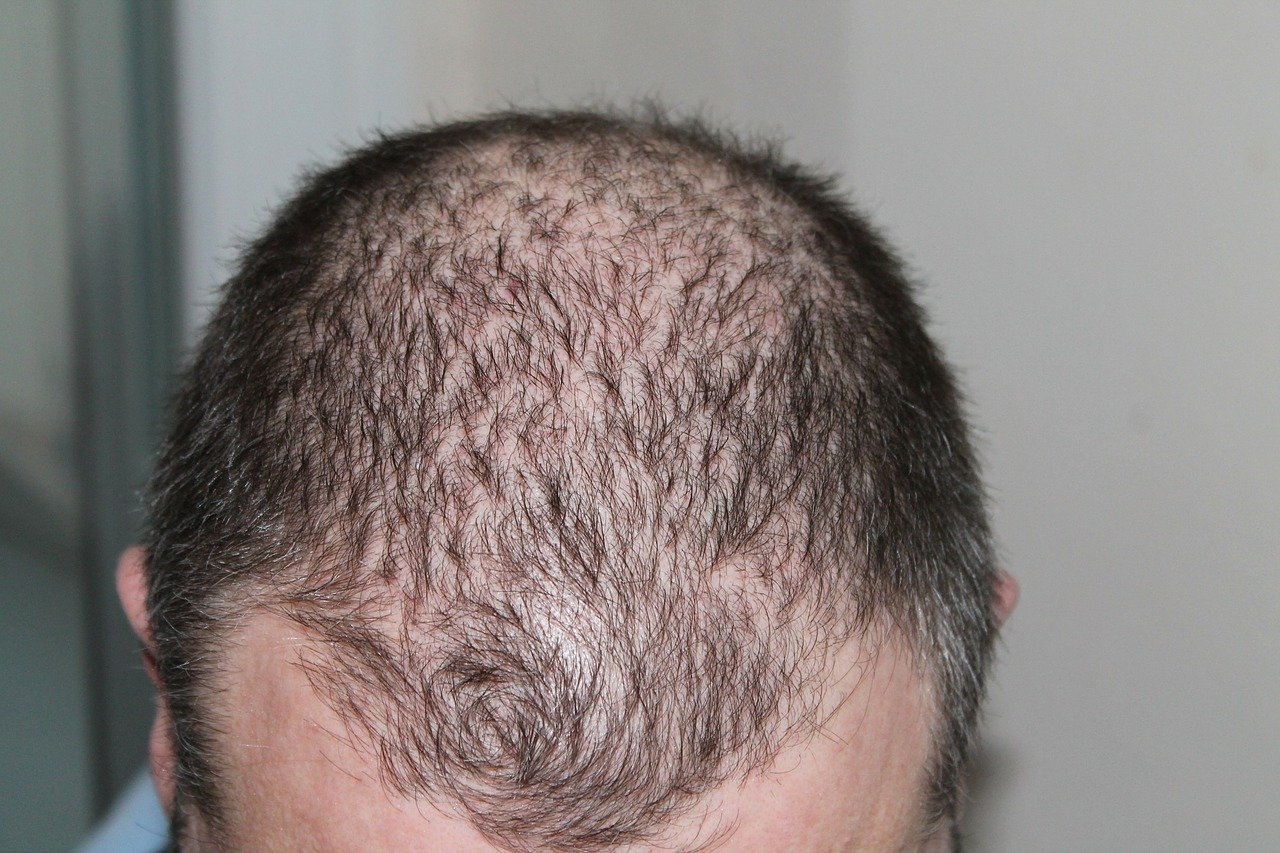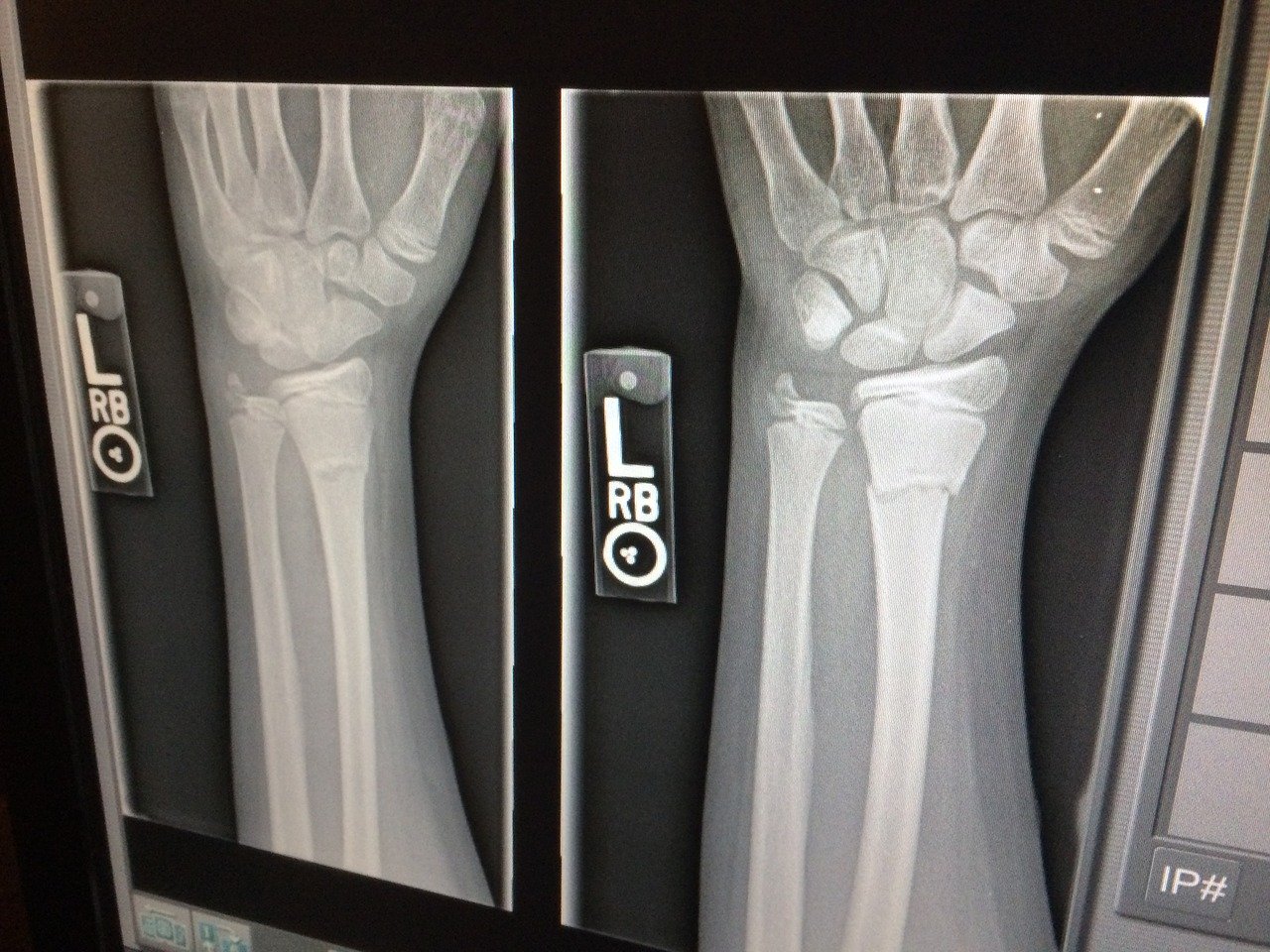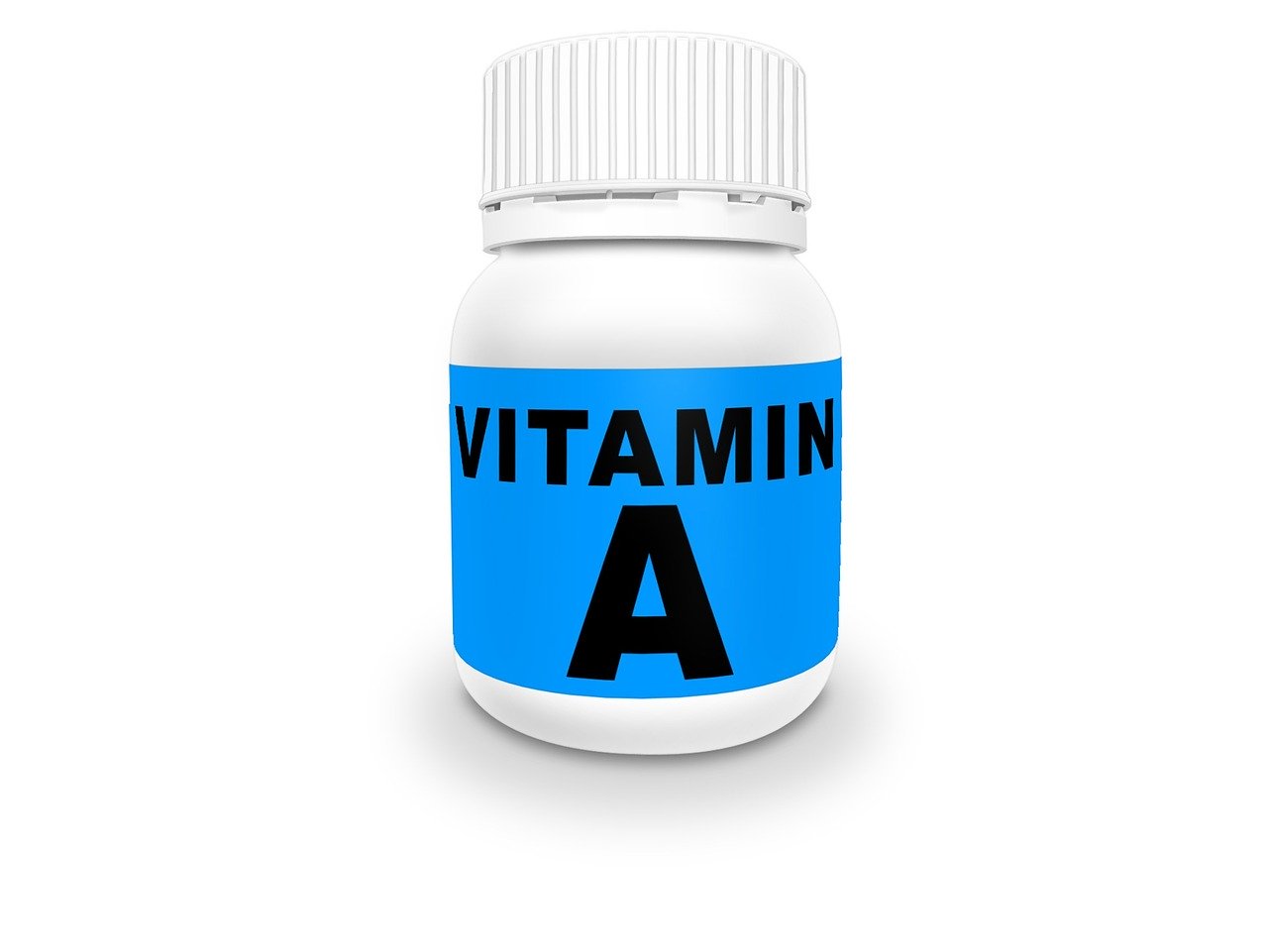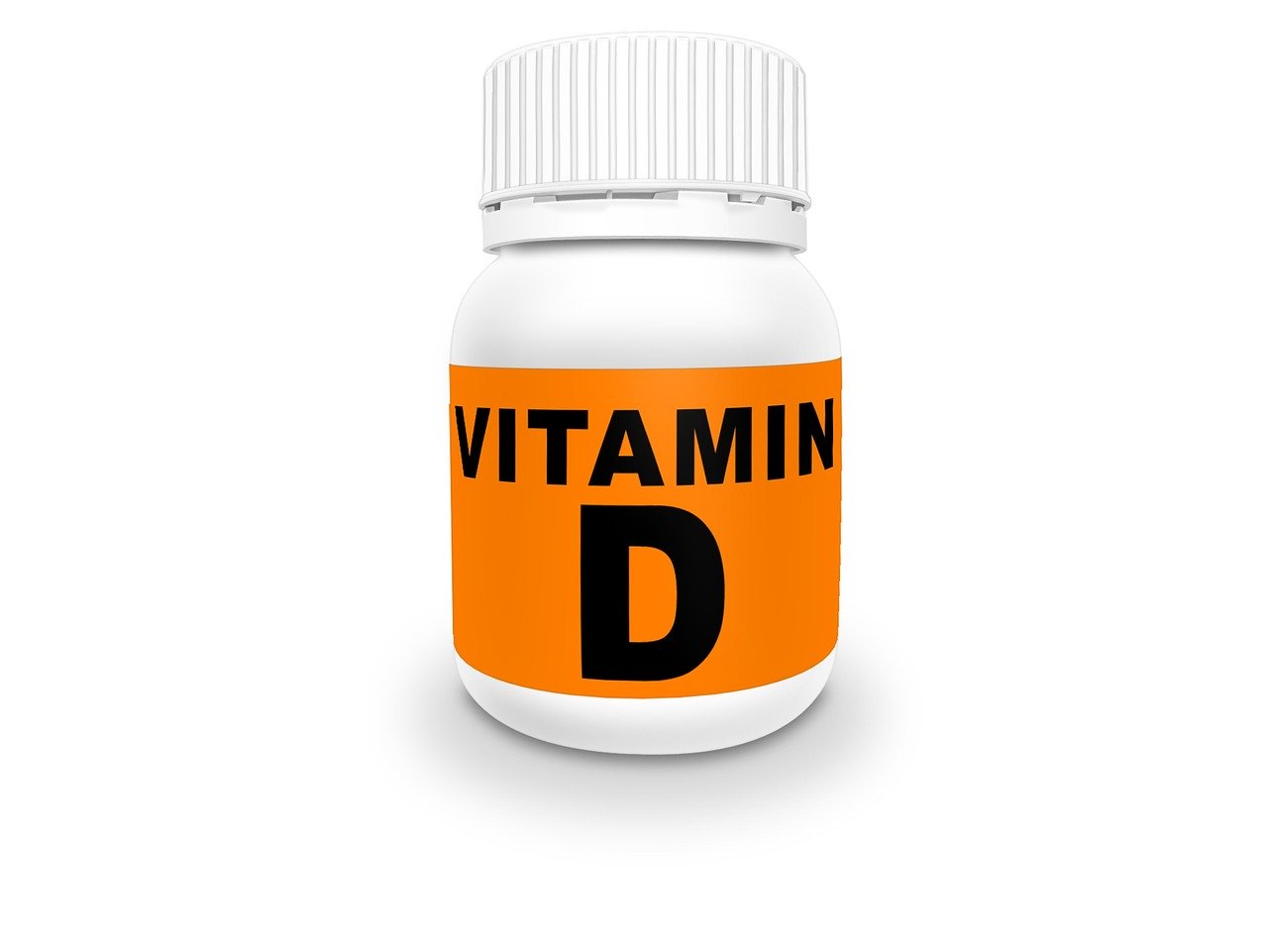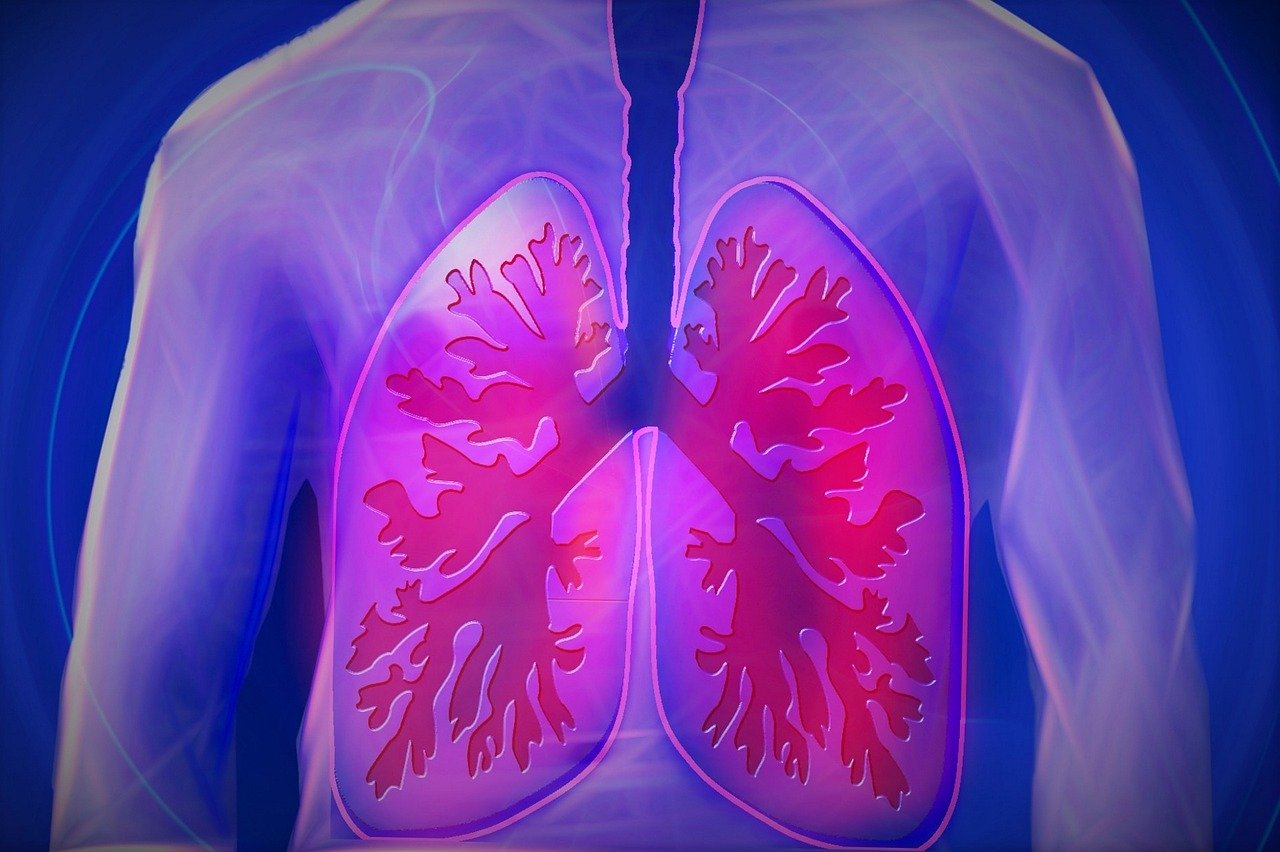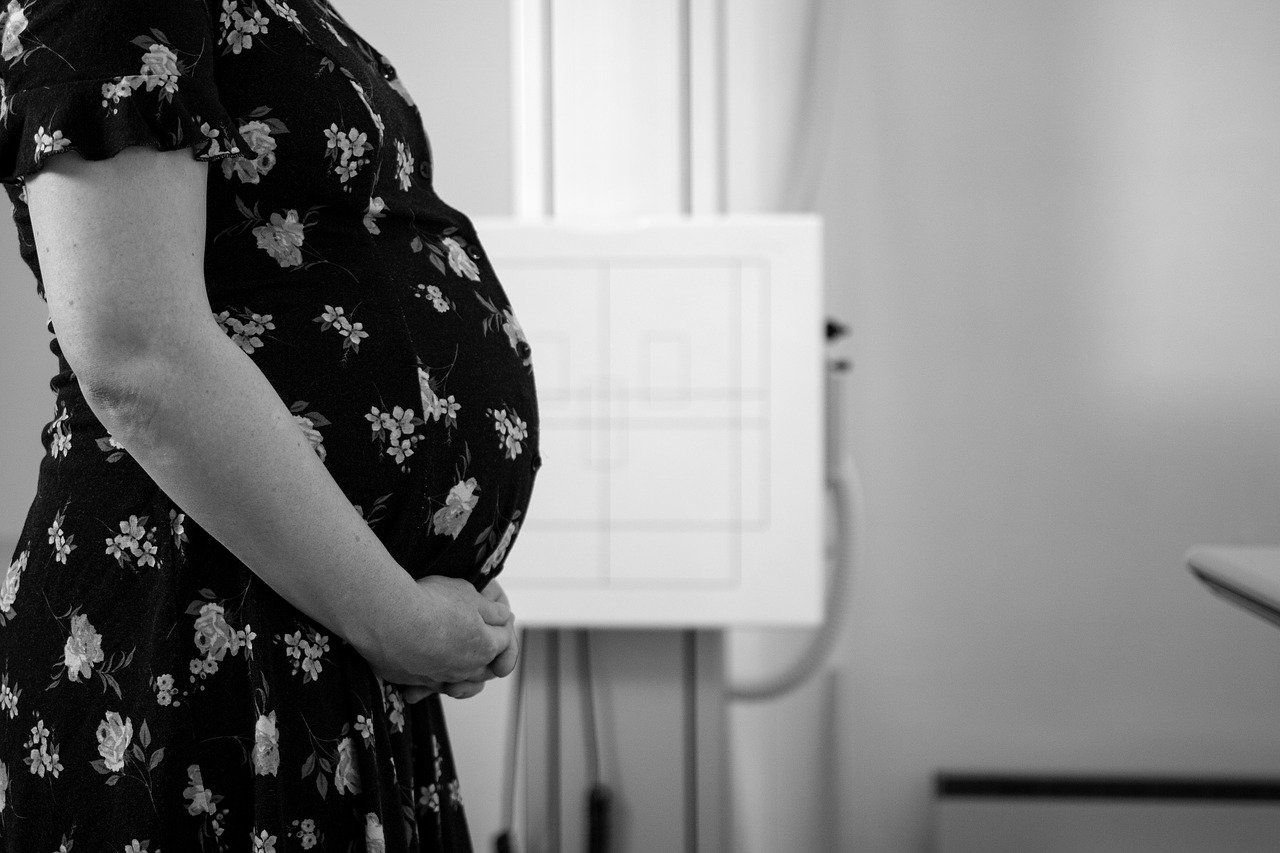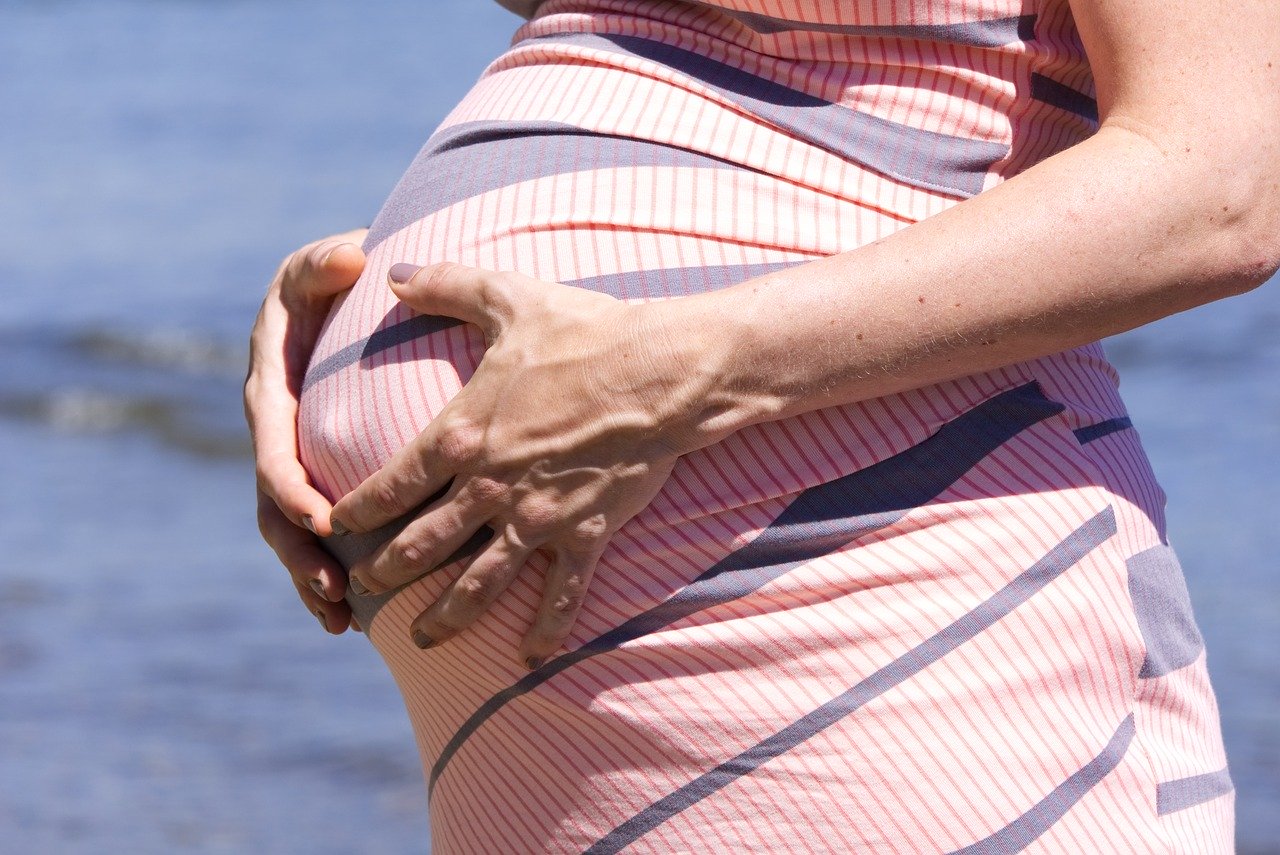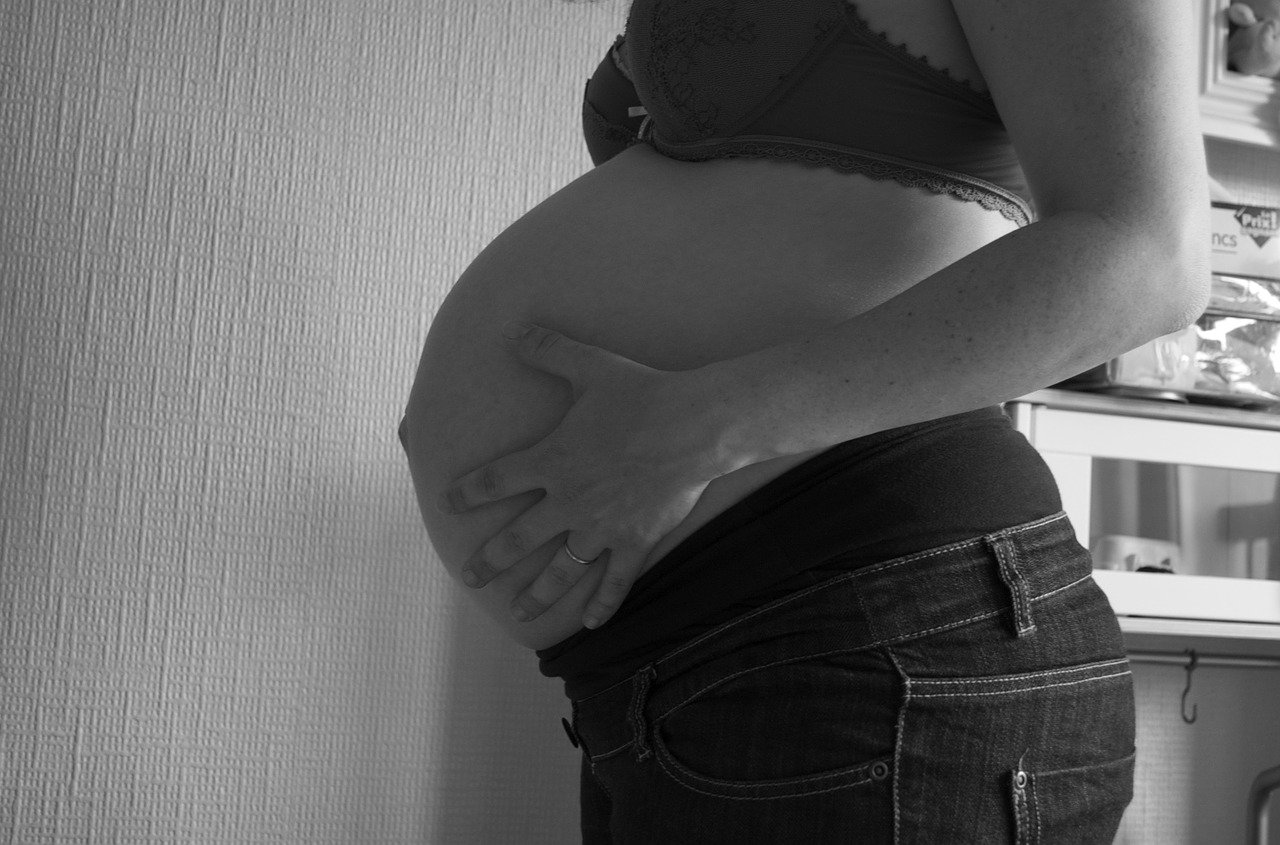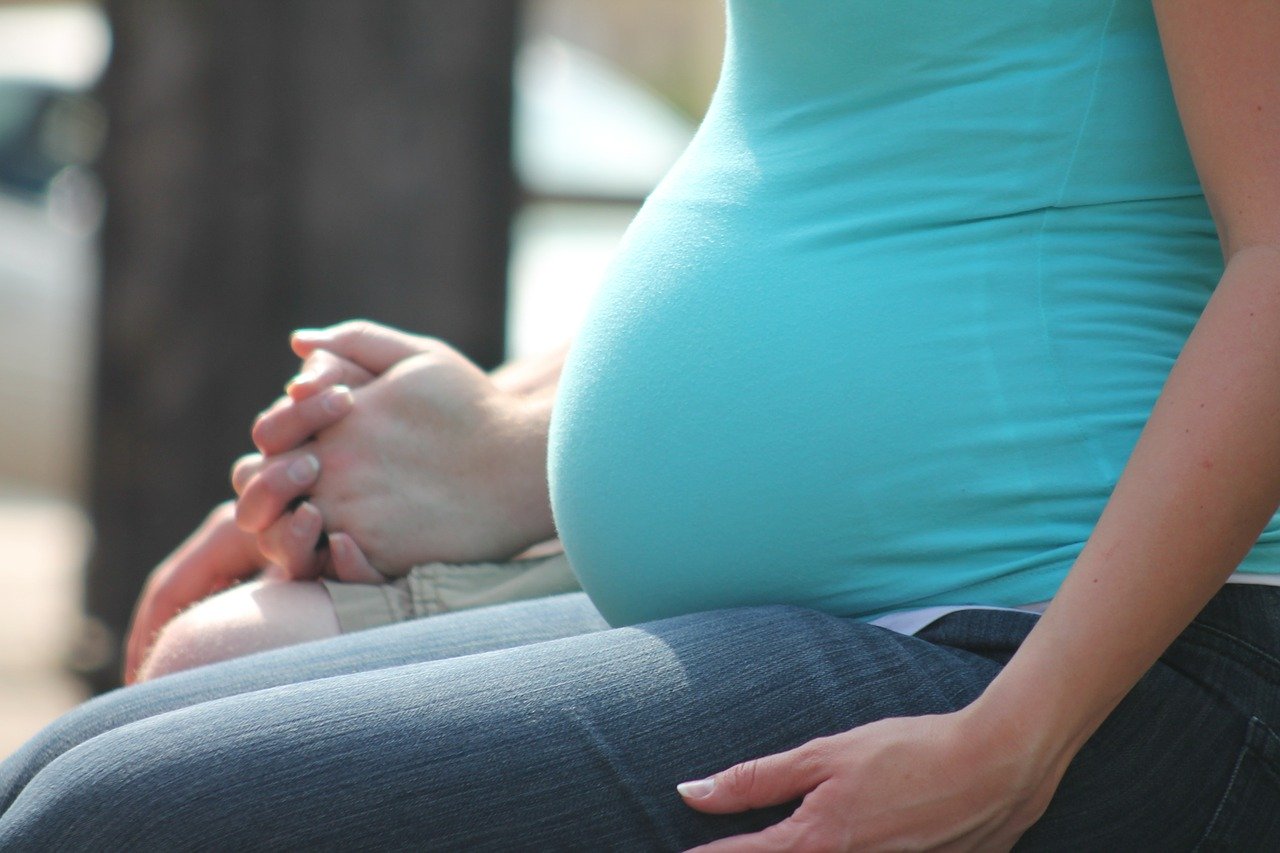In March 2020 researchers from Thailand published the results of their study to assess the use of iodine supplementation in pregnancy A total of 208 pregnant women were involved in … Read more
There is currently insufficient good-quality evidence to support a recommendation for iodine supplementation in pregnant women who are mildly-to-moderately deficient
In April 2020 researchers from the UK published their review of the medical scientific literature to assess the effect of iodine supplementation in mildly-to-moderately deficient pregnant women on maternal and … Read more
A vitamin or mineral deficiency or a severe reduction in carbohydrate intake may contribute to hair loss
In March 2019 researchers from Saudi Arabia and the USA published their review of the medical scientific literature to assess the role of vitamins and minerals in hair loss. A … Read more
Adults genetically at risk of developing hypertension who take vitamin B2 (riboflavin) supplementation may reduce their systolic blood pressure by up to 13 mmHg, which could be clinically important seeing that a 10 mmHg reduction in systolic blood pressure is estimated to decrease the risk of stroke by 40%
In April 2020 researchers from the UK published their review to assess the association between nutrition and risk of hypertension. Hypertension contributes to over 9 million deaths per annum, mainly … Read more
Older females who use calcium supplementation appear to have significantly higher abdominal aorta calcification progression with no significant preservation of bone mineral density
In March 2020 researchers from Canada assessed the association between calcium supplementation and progression of abdominal aorta calcification over a 5-year period. It should be noted that calcium supplementation has … Read more
Omega-3 and vitamin E supplementation taken together appears to significantly reduce triglyceride and LDL(bad)-cholesterol levels in overweight individuals with metabolic disease, but have no significant effect on the levels of total cholesterol and HDL(good)-cholesterol
In July 2019 researchers from Iran published their review of the medical scientific literature to assess the effect of omega-3 and vitamin E supplementation taken together on total cholesterol, triglycerides, … Read more
Who needs calcium and/or vitamin D supplementation for the prevention of fragility fractures?
In April 2020 researchers from New Zealand published their review on calcium and/or vitamin D supplementation for the prevention of fragility fractures. The researchers stated that as vitamin D and … Read more
Short-term oral vitamin A supplementation may improve the quality, but not the quantity, of tears in individuals with dry eye
In April 2019 researchers from Saudi Arabia published their study to assess the effects of short-term oral vitamin A supplementation on the ocular tear film in individuals with dry eye. … Read more
Researchers recommend that individuals at risk of influenza and/or COVID-19 consider taking 10,000 IU/d of vitamin D3 for a few weeks to rapidly raise their vitamin D levels, followed by 5000 IU/d in order to raise their vitamin D levels above 40-60 ng/mL (100-150 nmol/L) in order to reduce the risk of infection
In April 2020 researchers from the USA published their review on the role of vitamin D in reducing the risk of respiratory tract infection, epidemiology of influenza and COVID-19, and … Read more
Vitamin D deficiency is common in patients with asthma and congestive obstructive pulmonary disease and low vitamin D levels may either be a cause or a consequence of these conditions
In March 2020 researchers from the UK, USA, Canada and Belgium published the results of their study to assess whether vitamin D metabolism is altered in asthma or congestive obstructive … Read more
A low intake of vitamin D appears to increase the risk of rheumatoid arthritis whilst vitamin D deficiency appears to be associated with a higher level of symptoms
In June 2019 researchers from Iran published their review of the medical scientific literature to assess the relationship between vitamin D deficiency and rheumatoid arthritis. Most studies reported that a … Read more
When vitamin D deficiency or insufficiency occurs, it is better to take vitamin D supplementation than using sunbeds, which have been classified a Class 1 carcinogen
In March 2019 researchers from Belgium and Italy published their overview on vitamin D and sunbed use. The researchers stated that vitamin D status appears to be associated with a … Read more
Current research does not support a clear association between antenatal magnesium sulphate suppementation and beneficial and adverse neonatal outcomes
In December 2019 researchers from Australia, Canada and New Zealand published their review of the medical scientific literature to assess whether ante-natal magnesium sulphate supplementation is associated with unintended adverse … Read more
Excessive mineral intake may prolong the pregnancy
In September 2019 researchers from Australia published the results of their study to assess the the effects of supplements during pregnancy on nutrient status and birth outcomes. A total of … Read more
Multivitamin/multimineral supplementation in pregnancy appears to reduce the risk of a low birthweight baby, small for gestational age baby and a reduced risk of a preterm birth
In March 2019 researchers from Canada published their review of the medical scientific literature to assess the benefits of oral multivitamin/multimineral supplementation during pregnancy on maternal, foetal and infant health … Read more
Vitamin D deficiency appears to be associated with impaired muscle strength and reduced mobility in the elderly
In October 2019 researchers from Ireland published the results of their study to assess the association between impaired muscle function and serum vitamin D status in community-dwelling older adults. A … Read more
Vitamin D supplementation probably reduces the risk of pre-eclampsia, gestational diabetes, low birthweight and may reduce the risk of severe postpartum haemorrhage, whilst vitamin D and calcium probably reduces the risk of pre-eclampsia but may increase the risk of preterm birth (before 37 weeks)
In July 2019 researchers from the USA published their review of the medical scientific literature to assess whether vitamin D supplementation, either alone or in combination with calcium or other … Read more
Calcium supplementation before and early in pregnancy may reduce the risk of women experiencing pre-eclampsia or pregnancy loss at any gestational age
In September 2019 researchers from South Africa published their review of the medical scientific literature to assess the effect of calcium supplementation, given before or early in pregnancy and for … Read more
Supplementing the diet with a combination of multiple immune-supporting nutrients, including vitamins A, E, B6 and B12, folate, iron, copper and selenium but especially vitamins C and D and zinc, may improve immune function and reduce the risk of infection
In January 2020 researchers from the USA and Switzerland published their review on nutrients and the immune system. It has been established that multiple nutrients, including vitamins A, D, C, … Read more
Calcium, vitamin D, folic acid and resveratrol supplementation may prevent the development of hypertensive disorders in pregnancy
In January 2020 researchers from Italy published their review of the medical scientific literature to assess whether dietary supplements are able to lower blood pressure levels in pregnant women with … Read more

